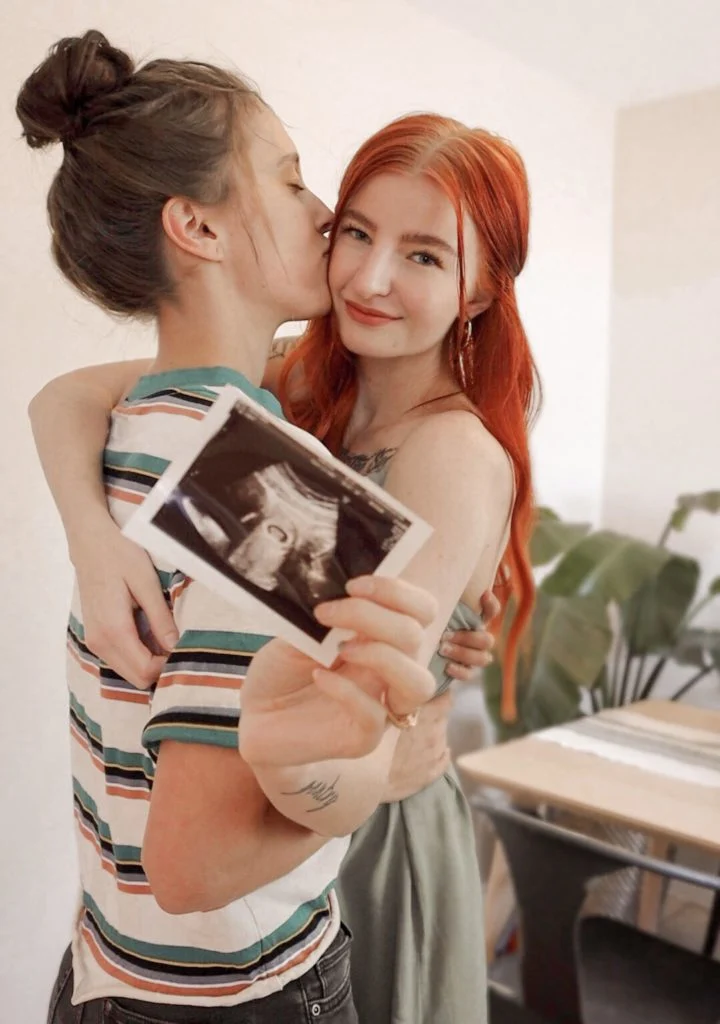The feelings swirling around in me right now? Anger, sadness, outrage—just to name a few. These emotions bubble up whenever I hear about yet another black life lost at the hands of police.
As a Hispanic woman in my thirties who speaks no Spanish, I grew up in a household where drugs, alcohol, and domestic violence were all too familiar. While my neighborhood wasn’t quite the projects, it was still a place where violence, gang activity, and teen pregnancy were common sights.
I attended a high school with a D rating, where most students were black or Hispanic and came from low-income families, just like mine. I’ve lived the reality of food stamps, welfare, and Medicaid, and I’ve had family members cycle in and out of jail. I can relate to many who are often labeled as “disadvantaged.”
Fast forward to today, and my life looks quite different. I hold a master’s degree, am married to a white man, and we have two beautiful white daughters. We own a home, have two family cars, and enjoy a comfortable suburban lifestyle.
But let me tell you about a moment that challenged my perceptions. A decade ago, I walked into a Louis Vuitton store in a local mall. A sharply dressed black security officer kept a close eye on me, and I could practically hear the unspoken assumptions floating around. I felt a strange irony in that moment; here he was, a black man, watching someone who looked like me—a woman who didn’t fit the luxury shopping stereotype. I’m not a racist, yet this moment illustrated how deeply ingrained biases can affect perceptions.
When I first heard the term “white privilege,” it rubbed me the wrong way. I thought, “Nothing has ever been handed to me; I’ve worked hard for everything.” Little did I know, my understanding was completely off base. I foolishly believed it was just a grievance of those who thought society was against them.
Then, about nine months ago, I had a heart-to-heart with a black friend I trust. Instead of debating, I simply listened and asked questions. And oh boy, did my perspective shift.
What I learned is that white privilege isn’t about my personal struggles; it’s about the peace of mind I take for granted. It’s the absence of fear that colors my daily life. I realized I never think about the possibility of being harassed or harmed because of my skin color. When I’m pulled over, I don’t worry about police brutality or violence. I can walk through stores without being followed or having my presence questioned. People don’t lock their doors when I walk by.
These are the daily realities many black individuals face. I’ve read countless stories detailing the constant fear that shadows their lives, and it’s clear that if victims of police violence had been white, they would still be alive today.
White privilege has taught me that black lives matter, and that phrase isn’t just a trendy slogan. I used to say “all lives matter,” thinking it was a neutral stance. But I’ve come to understand that “black lives matter” is a necessary call because white people in America don’t have to fight for equality or fear for their lives based on their race. The question of whether white lives matter has never been a debate, whereas for black people, it sadly is.
This isn’t about being anti-police; I support law enforcement. It’s about recognizing that human lives deserve value and advocating for those whose lives have been marginalized.
Black Americans are in pain, their anger is justified, and we all need to engage in these conversations. We need to listen, seek understanding, and break the cycle of indifference. Change starts with each of us.
#BlackLivesMatter
For more insights on this topic, check out our blog on intracervicalinsemination.com where we discuss related social issues. If you’re interested in fertility, Make a Mom provides great resources on enhancing fertility for men. Additionally, the CDC offers excellent information on reproductive health and infertility.
Summary:
This article explores the shift in perspective regarding white privilege and its implications on understanding the Black Lives Matter movement. The author reflects on personal experiences, the importance of listening, and recognizing systemic inequalities affecting black individuals in America.
